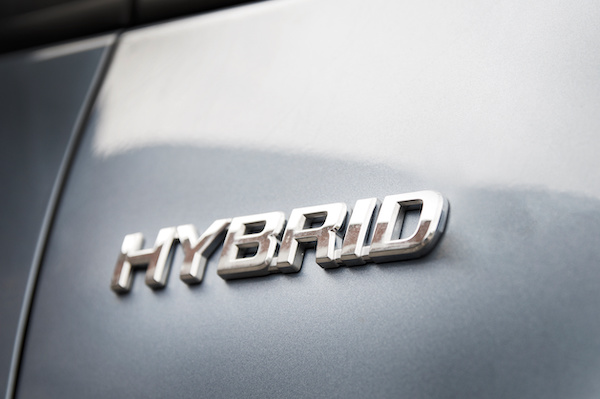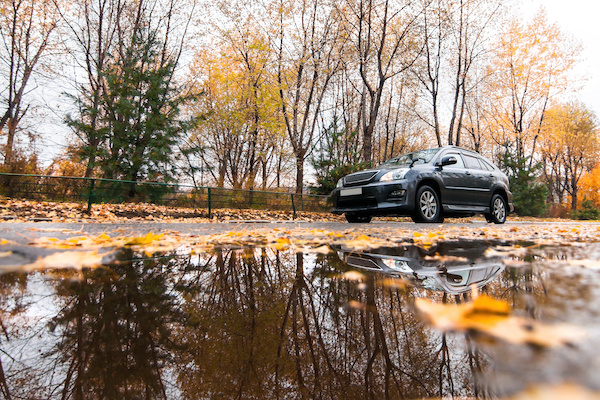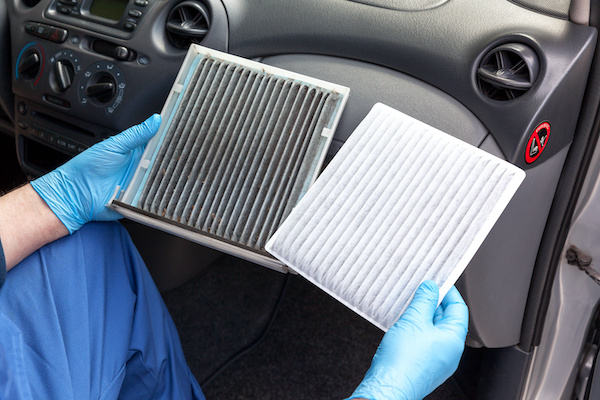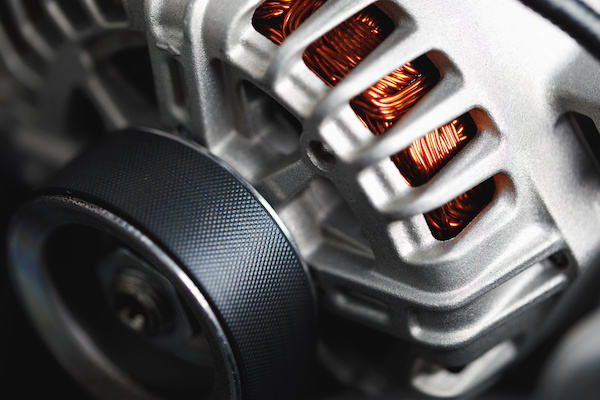Posted on 12/21/2021

In short, the answer is Yes! At Dickerson Automotive, our team has a wide range of experience, including maintenance and repairs on Hybrid vehicles. Standard Maintenance for Hybrids Most people commonly believe that owning a hybrid or electric vehicle will require more complex maintenance procedures, leading to more costly expenses. Though there are some other things to take care of, basic hybrid vehicle maintenance doesn't differ significantly from standard vehicles. Hybrid drivers still need routine oil changes, brake inspections, tire rotations, fluid checks, and transmission maintenance. The Differences in Maintenance Still, there are a few differences in caring for a hybrid vehicle versus a standard car. There are different types of hybrid engine systems out on the market. When considering "full hybrid" vehicles, they have the capability to turn off their internal combustion engine and run exclusively on the electric motor under particular conditions. This p ... read more
Posted on 11/8/2021

Fall is a beautiful time to be in Spanish Fork, UT. The temperatures are dropping, the leaves are changing colors and falling, and there's an ongoing excitement for the holidays around the corner. With all of this in mind, these things do pose some additional risks on the road. Let's go in-depth on the different kinds of driving challenges you may face in the fall! Rain, Fog, Ice & Snow You should expect to see more inclement weather during this time of year, including rain, fog, and even snow. Consequently, you'll need effective windshield wiper blades to clear off your windshield to see. You'll also need your brakes and tires to be in tip-top condition to handle the road surfaces. More Night Driving The sun is setting a lot earlier in the day now, which means you're most likely going to spend more time driving in the dark. Driving at night or in the dark is much more difficult than driving during the day. To ensure you can see correctly, you're g ... read more
Posted on 10/19/2021
.jpeg)
Potholes are notorious for creating all kinds of issues for cars. It doesn't matter where you are; they're always around. With proper tire pressure, your vehicle should be able to handle shallow potholes. But hitting a deep one can do just enough to have you running to the repair shop. You know the damage is almost inevitable whenever you hit an unexpected dip and have that jarring feeling. The accident can vary depending on the pothole size, your speed, vehicle, and the air pressure in your tire during impact. You may be wondering what kind of problems you can face from running into a deeper pothole: Tire puncture, wear, or damage Wheel rim damage Premature wear on struts and shocks Suspension damage Steering system damage and misalignment issues Exhaust system damage Engine damage Fluid leaks It's a pretty hefty list, right? This is why you want to be extra cautious when driving on uneven surfaces. If you experience any of these issues, you should get the ... read more
Posted on 9/20/2021

Drivers should always be attentive to the quality of the air traveling inside through their vehicle vents. The vents have air filters that prevent you from breathing in dust, debris, and other harmful pollutants. Cabin air filters help prevent potential respiratory health problems. If you're among the select population that is more sensitive to air pollution or has allergies, then you should stay on top of changing your cabin air filter. You can find the air filter's change interval listed in the vehicle's owner's manual most of the time. However, you should also consider accounting for your driving habits, seasons, and the type of environment in which you operate your vehicle. To better know when it's time to swap the filter out for a new one, be on the lookout for the signs of an ineffective filter. Foul Smell When the filter becomes clogged, you'll notice a musty smell blowing through the vents. If the odor makes you and your passengers ... read more
Posted on 8/27/2021

Most drivers are well aware of their battery and what it does. However, the battery is only one aspect of your vehicle's charging system, and it's not even the most important. To most mechanics, the most vital part of the system is the alternator. The alternator is a mechanical device connected to the engine that runs off your car's serpentine belt. The alternator spins while the engine is operating, which converts mechanical energy into electrical power that powers all of your vehicle's electric features, including (but not limited to) the lights, radio, windows, and more. All vehicle batteries have a full charge output of around 12 volts, which is plenty enough to start your motor. But when your engine is running, your alternator is usually creating additional voltage (occasionally up to 15 volts) due to the demand for specific electrical operations to work. When an alternator does not work correctly, not only will some of your power functions, such ... read more